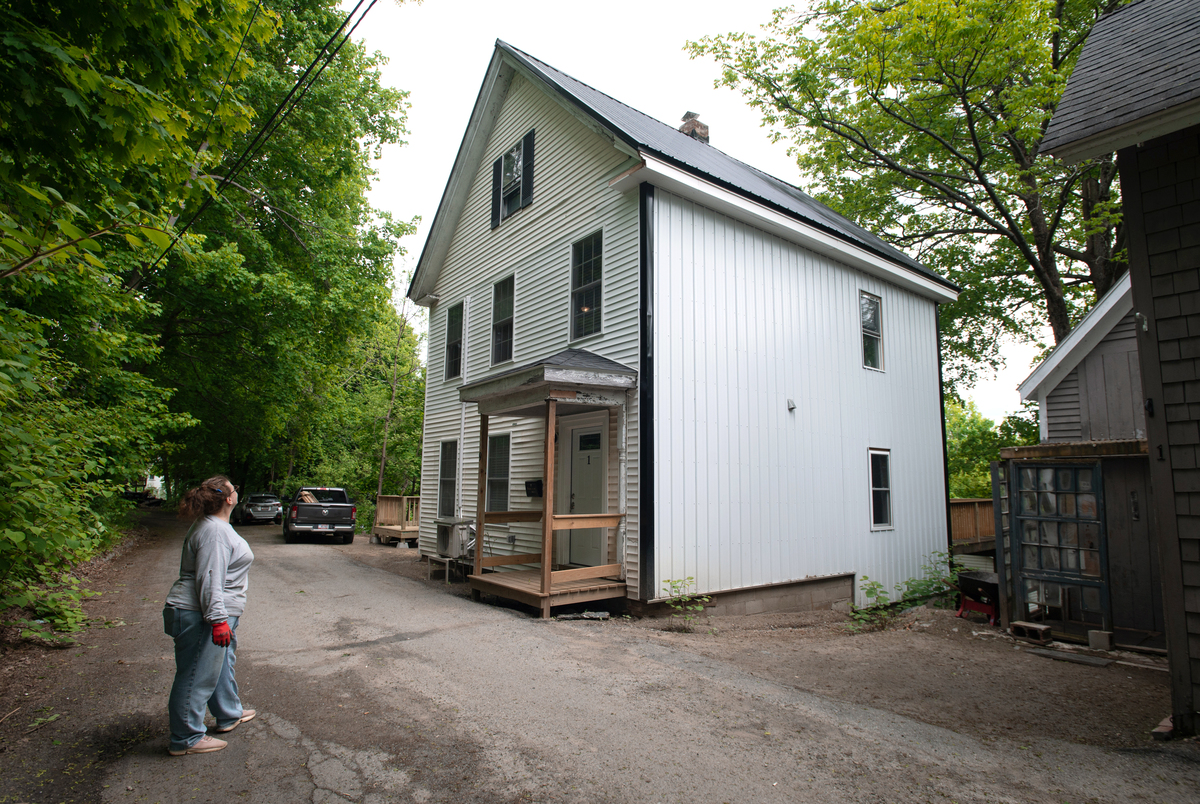Maine faces a critical challenge in its battle against homelessness, highlighting the urgent need for continued federal funding. A significant reduction in resources could undo years of progress in providing stable housing for the state’s most vulnerable populations. Key stakeholders stress that the federal Continuum of Care (CoC) Program is essential for maintaining the momentum toward making homelessness in Maine rare and brief.
Housing Shortage Impacting Vulnerable Populations
According to Jennifer Hawkins, president and CEO of Avesta Housing, the issue of housing scarcity in Maine is palpable. The demand for affordable housing is evident in the daily struggles of families and individuals. When young adults cannot afford to rent with peers, families are unable to purchase modest homes, and workers are forced to commute long distances for employment, the impact of this housing shortage becomes clear.
The crisis disproportionately affects those with the lowest incomes, disabilities, and individuals facing addiction or trauma. To address this, experts agree on one solution: increasing the availability of affordable housing. For many, this must come with supportive services that provide compassionate assistance to those in need.
Maine has made commendable strides by investing in permanent supportive housing, which includes affordable apartments coupled with essential support services. Currently, there are 1,624 such units across the state, 85 of which are owned and managed by Avesta Housing. These homes are crucial in preventing individuals from cycling back into homelessness while fostering stability and dignity.
Federal Support Crucial for Continued Progress
The connection between stable housing and recovery is well established. Having a safe home is fundamental for healing, particularly for those recovering from illness or injury. This strategy not only improves individual lives but also proves to be more cost-effective for society compared to alternatives such as hospitalization or incarceration.
Despite these advancements, Maine cannot tackle the homelessness crisis independently. The CoC program serves as a vital lifeline by funding permanent supportive housing for those at risk of returning to shelters or the streets. However, proposed cuts to the CoC threaten to eliminate 780 of these homes, potentially reversing years of progress and pushing many Mainers back into crisis.
Both Dean Klein, executive director of the Maine Continuum of Care, and Hawkins emphasize the shared mission to eradicate homelessness in Maine through collaboration and federal support. They are calling on Congress to renew all eligible Maine CoC grants in fiscal year 2025, ensure protections for the federal CoC program, and reject harmful regulations that could jeopardize fair housing and local governance.
As this situation unfolds, advocates stress the importance of unity in safeguarding vital housing initiatives. By working together, Maine can ensure that every resident has access to a safe, quality place to call home.







